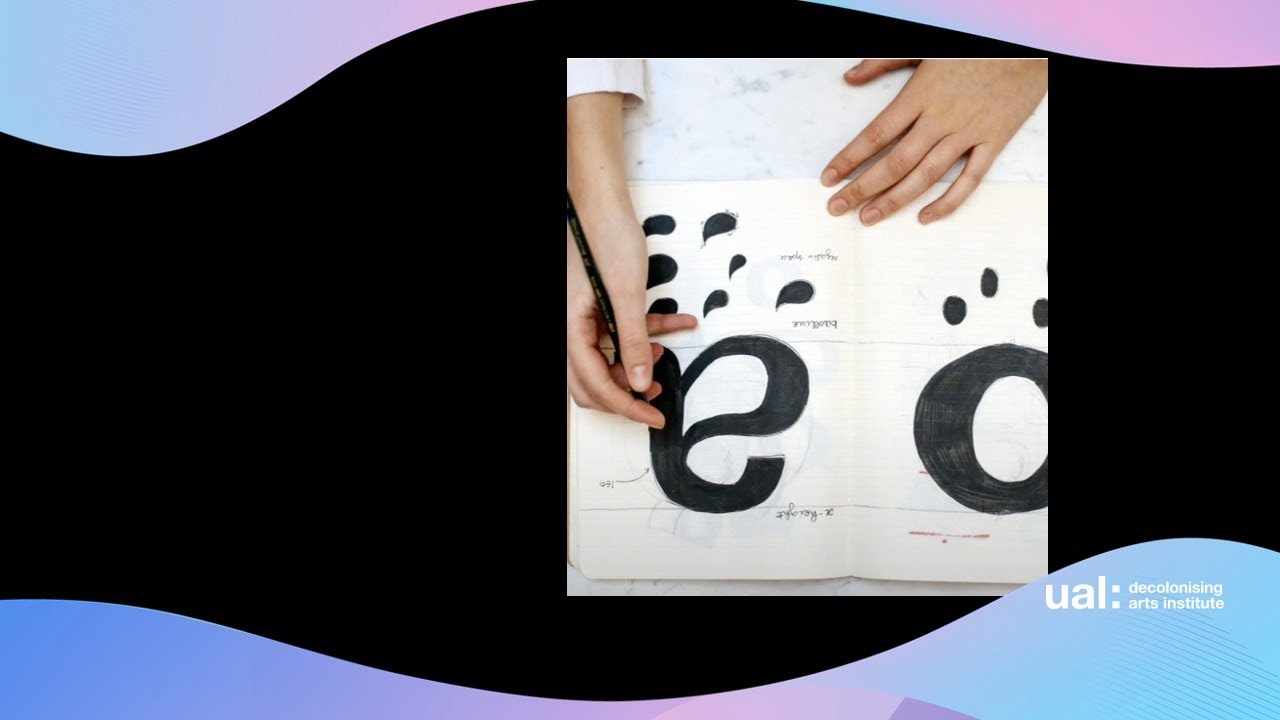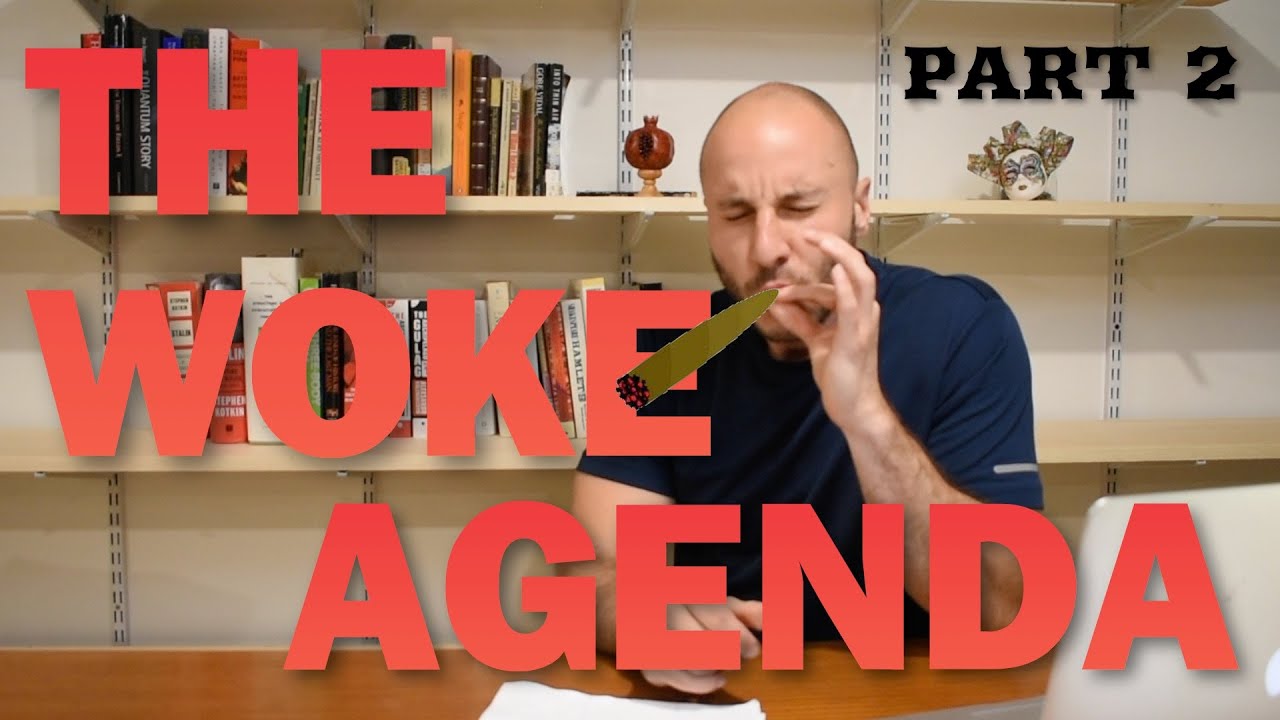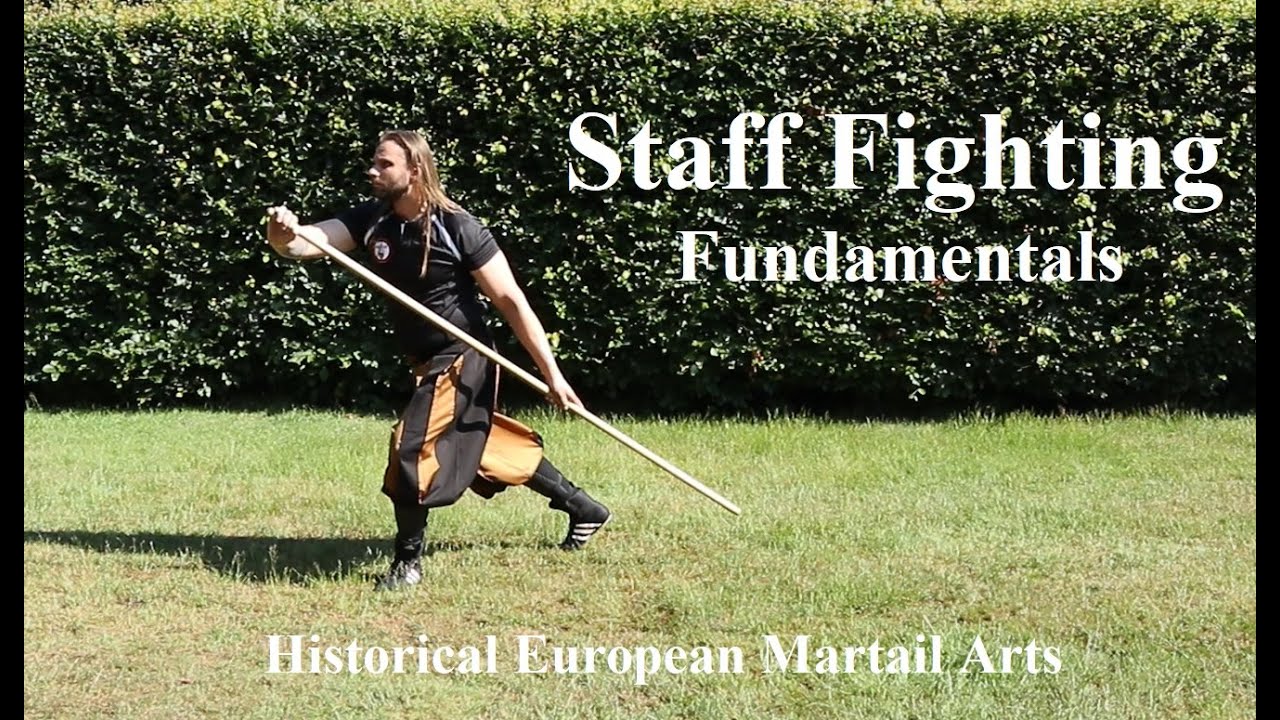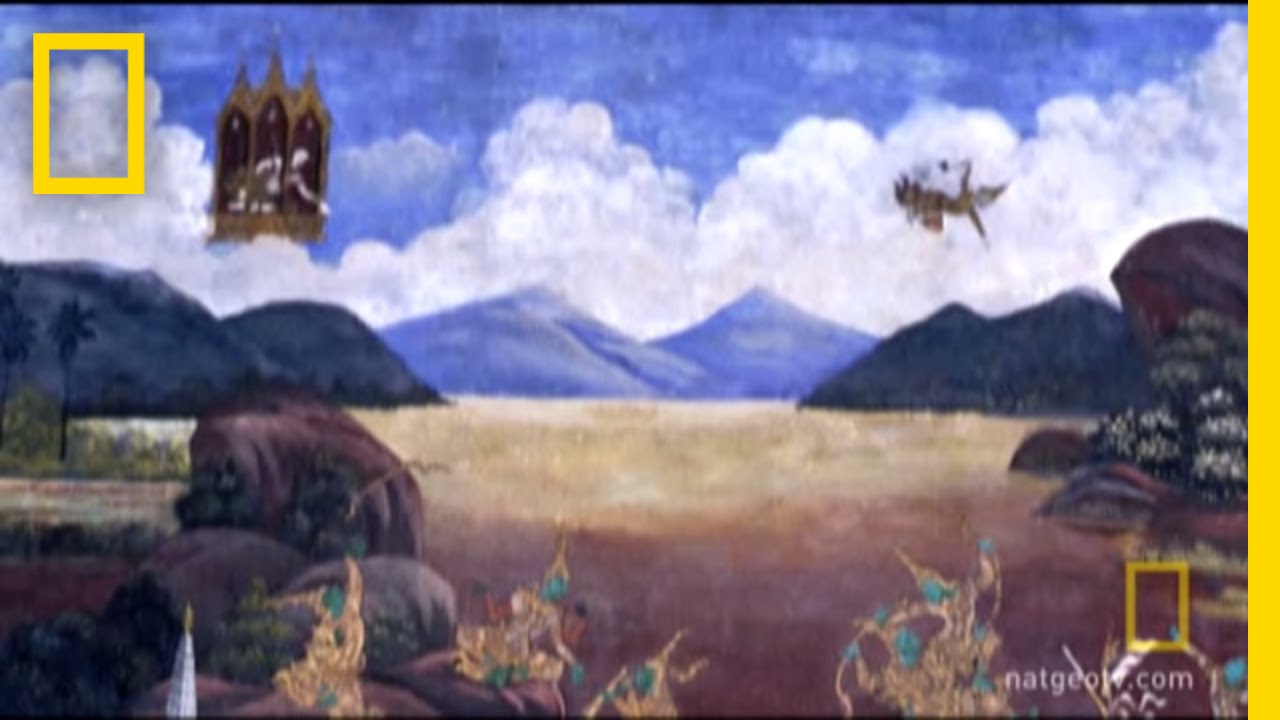UAL Decolonising Arts Institute
Cultural Urgencies: Actions toward representation, equity, justice, well-being
This roundtable series, organised and hosted by the Decolonising Art Institute Research Fellows, draws together their varied but overlapping concerns with representation, equity, justice and well-being in the fields of visual culture, higher education and art institutions. Issues around historical and cultural narrative production, power relations, welfare, and inclusive communication will be variously explored and with an emphasis on impacting change.
Decolonising Language and the Multilingual University
Recorded on 09 March 2021
Dr Victoria Odeniyi brings together scholars and practitioners from critical sociolinguistics, English for Academic Purposes and communication and translation studies to explore linguistic diversity and its role in decolonising the university. Participants consider the role languages play in [in]justice and the educational potential and possibilities for re-imagining the university as a multilingual space.
Speakers:
Dr. Alex Ding is Director of Scholarship and Director of the Centre of Excellence for Language Teaching in the School of Languages, Cultures and Societies at the University of Leeds. He is Associate Professor of English for Academic Purposes and regularly examines and supervises PhDs from around the world.
Ding is series editor for New Perspectives for English for Academic Purposes, and has published works in the field of EAP and co-authored with Ian Bruce ‘The English for Academic Purposes Practitioner: Operating on the Edge of Academia’. He is currently working on an edited book on social theory and EAP.
Eila Isotalus is a renowned expert in intercultural competence development. She has worked in personnel development for companies ranging from small, local businesses to large, international organizations, both in the private and public sector, since 2001. Besides in Finland, she has worked in France, Bolivia, Mexico, and Tanzania, training both Finnish and multicultural work communities and teams. She has consulted companies in diverse processes, including making intercultural competence mainstream in HR-activities, and in creating strategies for competence development and implementing them pedagogically.
Dr Gillian Lazar is a Senior Lecturer in the Education Department at Middlesex University, where she is joint Programme Leader on the Post-graduate Certificate in Higher Education (PG Cert HE) and a Senior Fellow of Advance HE (SFHEA).
Gillian has extensive experience as an educator in teaching English to speakers of other languages and writer of educational materials. Her past books and publications have focused on the use of literature in language teaching, the teaching of figurative language and the development of academic literacies. Her current research interests focus on multilingualism in Higher Education and the development of academic teaching identity.
Khairani Barokka is a writer, artist, translator and researcher from Jakarta, based in London. Her work has been presented internationally, and her Annah, Infinite series of performance installations has been an Artforum Must-See. Okka was a UNFPA Indonesian Young Leader Driving Social Change, an NYU Tisch Departmental Fellow, and Modern Poetry in Translation’s Inaugural Poet-in-Residence. She is currently Associate Artist at the National Centre for Writing and Research Fellow at UAL’s Decolonising Arts Institute, and Board Member of Shadow Heroes. Okka’s books include Indigenous Species, Stairs and Whispers: D/deaf and Disabled Poets Write Back (co-editor), Rope and Ultimatum Orangutan.
Dr Mark Ingham is a Reader in Critical and Nomadic Pedagogies, Senior Fellow of the Higher Education Academy and UAL Senior Teaching Scholar in the Design School at London College of Communication, University of the Arts London.
Mark’s pedagogical and creative research over the last 30 years have been entangled encounters with: images of thought and memory, rhizomatic & meta-cognitive learning theories, fuzzy narratives and virtual and physical liminal teaching spaces. This research critiques relationships between autobiographical memory and photography, Deleuzian and Guattarian ideas of ‘becoming rhizomatic’, assembling agency, nomadic thinking, active blended learning, with ideas of belonging and critical pedagogies.
Tim Stephens is an Educational Developer (Curriculum) at University of the Arts London and a Photographic Artist. With 30 years’ experience of working in Education with learners, artists, lecturers and organisations, his areas of expertise and knowledge are, embodiment, the relationship between cognitive and non-cognitive experience, meta-cognition, academic writing, equality and organisational change.
Source




I don't want my taxes to contribute to the AHRC and the wages of those involved in its activities.